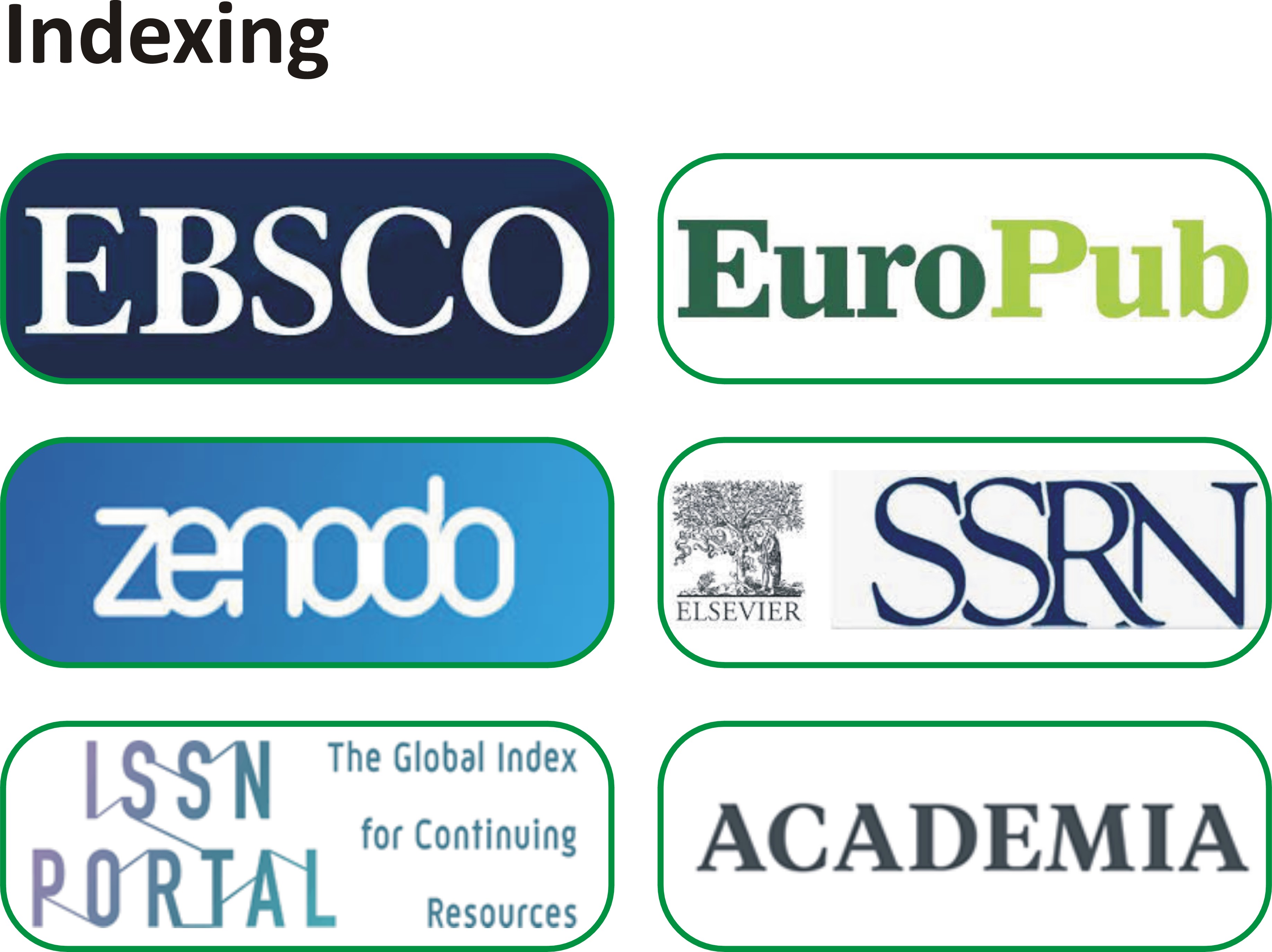Determinants of Stock Price Crash Probability: Evidence From Size Sorted Deciles
Abstract
Concept of stock price crash probability is gaining interest in recent years. Less work is done in developing economies on the areas of political and economic instability, volatile conditions and uncertainty in financial markets. Pakistan, being the emerging country, still needs to focus this topic in order to mitigate chances of severe crashes. Firms can achieve sustainability by strengthening the corporate governance mechanism. So, this study aims at studying the determinants related to internal and external governance mechanism, and their impact on Stock Price crash probability on size sorted deciles. Feasible generalized least square (FGLS) is used to determine their relation by utilizing two proxies of stock price crash probability. With negative coefficient of skewness (NCSKEW), results suggest that board size, foreign investors and green energy transition are significant determinants of stock price crash probability for low deciles. While for top deciles, foreign investors and green energy transition are significantly related. Results deduced from Down to up volatility (DUVOL), another proxy used as a robustness analysis, suggest the same with the exception of one. This study assists investors and regulators to timely predict the chances of a stock price crash and make decisions accordingly. However, this study has certain limitations as some other factors like audit quality, number of female directors, inflation and economic policy uncertainty etc. can also be included to affect the stock performance. Some of these factors may be included in future studies for a more comprehensive understanding of the stock price crash probability. Furthermore, a comparative analysis may be carry out between the developed and developing economies to study the pattern of stock price crash probability.
Copyright Notice Submission of an article implies that the work described has not been published previously (except in the form of an abstract or as part of a published lecture or academic thesis), that it is not under consideration for publication elsewhere, that its publication is approved by all authors and tacitly or explicitly by the responsible authorities where the work was carried out, and that, if accepted, will not be published elsewhere in the same form, in English or in any other language, without the written consent of the Publisher. The Editors reserve the right to edit or otherwise alter all contributions, but authors will receive proofs for approval before publication. Copyrights for articles published in IJSSA journal are retained by the authors, with first publication rights granted to the journal. The journal/publisher is not responsible for subsequent uses of the work. It is the author’s responsibility to bring an infringement action if so desired by the author.



